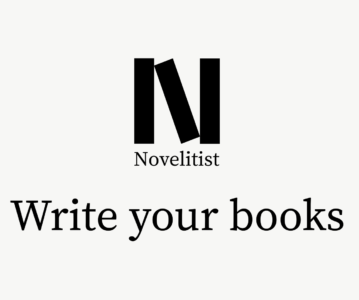 Literary Fiction Guide
Literary Fiction Guide
There is some argument over what literary fiction really is, but you know it when you see it. It’s high brow stuff. Driven by rich characters and settings rather than a page turning plot line. It tends to deal more often with the mundane, but presenting that mundane life in ways that are unique. It is anything that we might call “literature” rather than genre fiction. Literary fiction is harder to describe than other genres because it’s subject matter, settings, themes, and voice, can be nearly anything. As long as it is finely crafted, polished until it gleams, and doesn’t...








